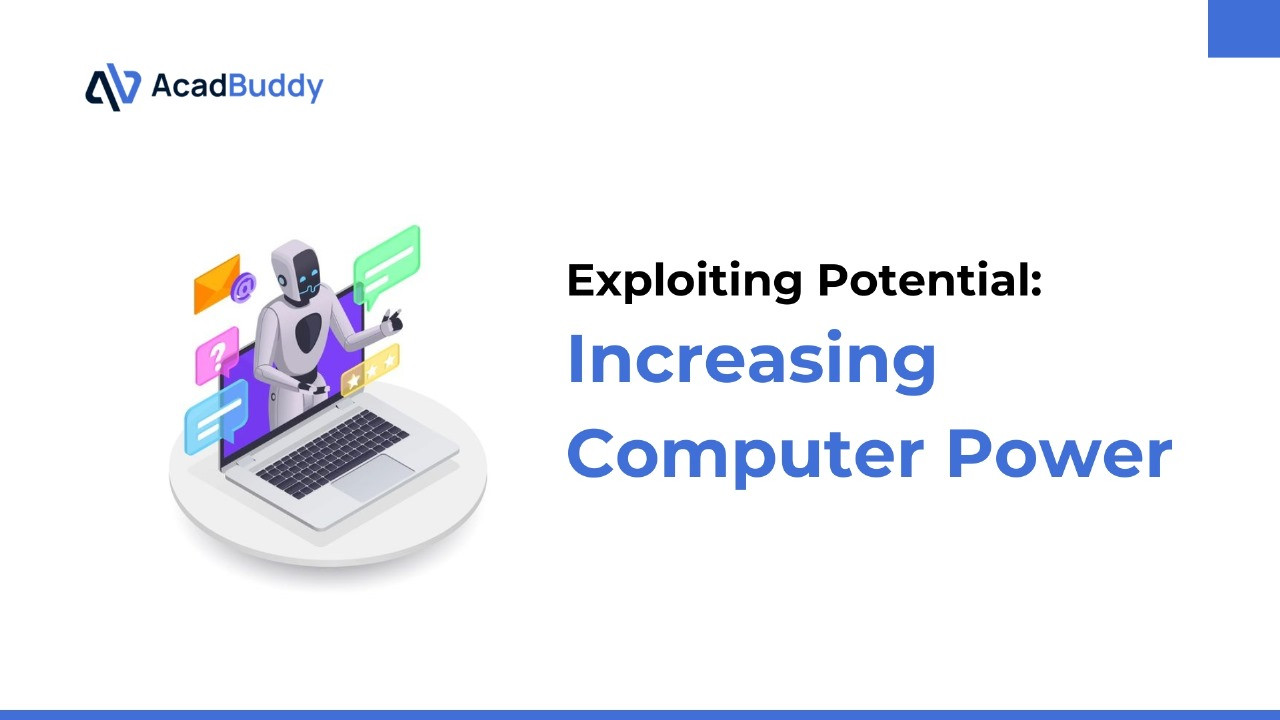Ethical Hacking: Revolutionizing Cybersecurity in the Future Digital E
In the future, ethical hacking—also referred to as penetration testing or white-hat hacking—has the potential to completely transform cybersecurity and protect the digital world. Authorized specialists impersonate malevolent attackers in order to find weaknesses in a system or network. In a time of growing cyber threats, ethical hackers are essential to improving cybersecurity measures. Their contributions are growing more and more valuable.
Strengthening Cybersecurity, Leading Innovation, and Protecting the Digital World in the Upcoming Technological Environment: Ethical Hacking.
Even though they are crucial, traditional security methods frequently fail to recognize and address new risks. Equipped with cutting-edge expertise and resources, ethical hackers actively search for potential flaws in networks, systems, and applications. By doing this, they assist companies in staying ahead of cybercriminals who are always coming up with new ways to take advantage of weaknesses.
Moreover, ethical hacking encourages a cybersecurity culture of ongoing development. Ethical hackers regularly audit and evaluate systems to make sure security protocols are current and efficient. By assisting companies in adapting to new threats and technology, this iterative approach strengthens their overall defense against cyberattacks. Additionally, it encourages a dynamic approach to security, which is essential in the ever-changing digital environment of today.
One important tool for finding serious flaws in software and apps is ethical hacking. This is especially crucial as more and more people and businesses depend on sophisticated software systems. Preventing data breaches, financial losses, and reputational harm requires early detection and repair of these vulnerabilities by unscrupulous actors.
Furthermore, ethical hacking is essential to protecting vital infrastructure. Systems that are networked play a major role in the operations of industries like healthcare, banking, energy, and transportation. The potential ramifications of a successful cyberattack on these industries could be disastrous. In order to find any potential vulnerabilities and make sure that these vital systems are protected from cyberattacks, ethical hackers carry out extensive audits.
Organizations can also adhere to industry norms and legal obligations with the aid of ethical hacking. Sensitive data protection is governed by stringent rules in several sectors, including finance and healthcare. By helping to find and fix any non-compliance problems, ethical hackers help to lower the financial and legal risks related to regulatory infractions.
Furthermore, ethical hacking plays a critical role in safeguarding people's security and privacy. People are increasingly at risk of identity theft, financial fraud, and privacy violations due to the growing digitalization of personal information. In order to maintain user privacy and security, ethical hackers seek out and fix flaws in systems and programs that manage personal data.
A crucial element of ethical hacking are bug bounty programs, which offer rewards to security researchers for finding and reporting vulnerabilities. Big rewards are offered by companies like Microsoft, Google, and other digital titans for finding security weaknesses and appropriately revealing them. By utilizing the combined knowledge of the international cybersecurity community, these programs foster collaboration between enterprises and security specialists.
Securing cutting-edge technology like artificial intelligence (AI) and the Internet of Things (IoT) is also made possible by ethical hacking. Making sure these technologies are secure is crucial as they grow more and more ingrained in our daily lives. In order to reduce any possible risks related to the broad adoption of IoT devices, autonomous systems, and AI algorithms, ethical hackers seek to uncover flaws in these systems.
Ethical hacking is not without its difficulties, though. It can be difficult to find the ideal balance between security and usability. Strict security protocols can occasionally obstruct user experience, necessitating cautious thought and professional advice.
To sum up, ethical hacking is a revolutionary force in cybersecurity that protects the internet from ever-growing cyber threats. It offers a proactive defense, encourages a continuous improvement culture, finds crucial weaknesses, and safeguards vital infrastructure. Maintaining security for emerging technology, protecting personal privacy, and adhering to rules all depend on ethical hacking. Even though there are difficulties, ethical hackers are essential defenders of the digital space because of their priceless contributions. Given the ongoing evolution of cyber threats, their function is expected to grow even more crucial in the near future.











